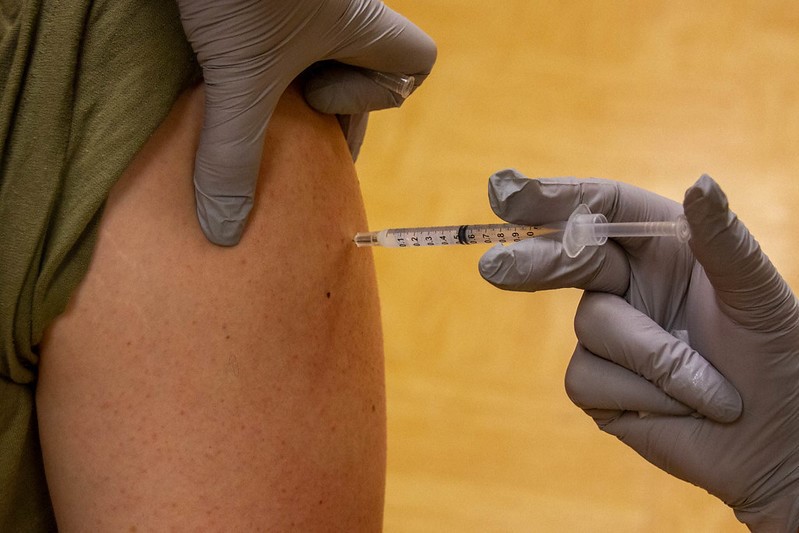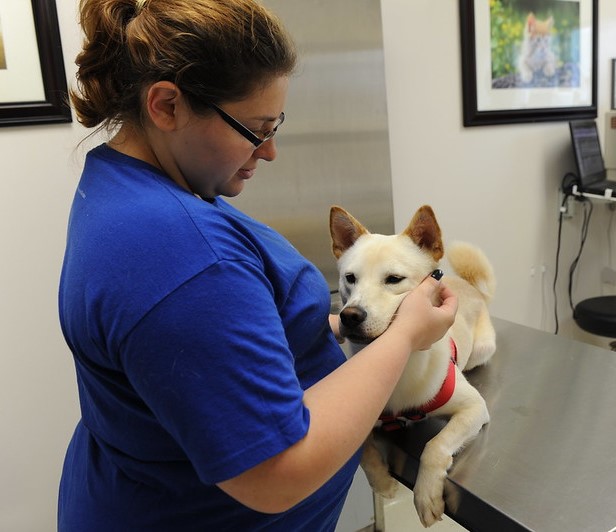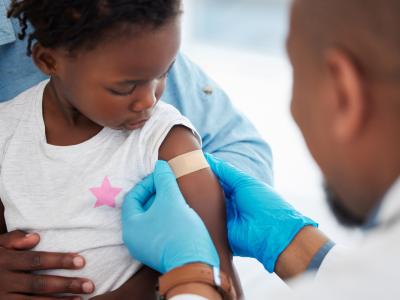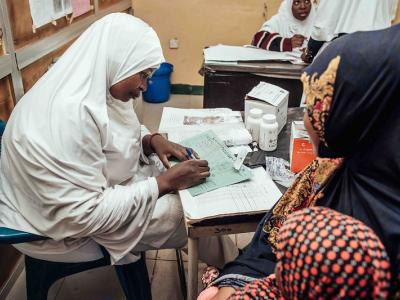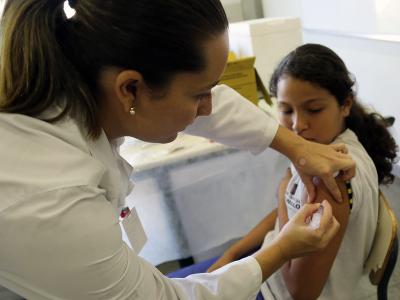 An analysis of meat sold at supermarkets in Spain found multidrug-resistant (MDR) Escherichia coli and Klebsiella pneumoniae in 40% of samples, Spanish researchers reported at the European Congress of Clinical Microbiology and Infectious Diseases (ECCMID).
An analysis of meat sold at supermarkets in Spain found multidrug-resistant (MDR) Escherichia coli and Klebsiella pneumoniae in 40% of samples, Spanish researchers reported at the European Congress of Clinical Microbiology and Infectious Diseases (ECCMID).
Out of 100 randomly sampled retail meat products (25 each of turkey, chicken, beef, and pork) sold at supermarkets in Ovieda, a team led by researchers from the University of Santiago de Compostela-Lugo conducted molecular analysis of 82 E coli from 40 meat samples and 12 K pneumoniae isolates from 10 meat samples. Among the E coli isolates, 46 (56%) were extended-spectrum beta-lactamase (ESBL) producers, while 10 of the 12 K pneumoniae samples were ESBL producers. The recovery of ESBL-producing E coli was higher in turkey (68%) and chicken (56%) than in beef (16%) and pork (12%) products.
Fifty-six (68.3%) E coli isolates were determined to be MDR by antibiotic susceptibility testing. The highest prevalence of resistance was against ampicillin, aztreonam, nalidixic acid, ceftazidime, and cefuroxime.
Advice to consumers includes not breaking the cold chain from the supermarket to home, cooking meat thoroughly, storing it properly in the refrigerator, and disinfecting.
The analysis also revealed that 27% of the meat products contained potentially pathogenic extraintestinal E coli (including strains that are responsible for human infections), 6% contained uropathogenic E coli, and 1% contained E coli harboring the MCR-1 gene, which confers resistance to the last-resort antibiotic colistin.
Need for 'farm to fork' protections
The study authors say the findings highlight the need for "farm-to-fork" interventions to protect consumers, including increased surveillance for high-risk bacteria in farm animals and meat and development of vaccines to reduce the presence of specific MDR pathogens in food-producing animals.
"Advice to consumers includes not breaking the cold chain from the supermarket to home, cooking meat thoroughly, storing it properly in the refrigerator, and disinfecting knives, chopping boards and other cooking utensils used to prepare raw meat appropriately to avoid cross-contamination," study co-author Azucena Mora Gutierrez, PhD, said in an ECCMID press release.
 The investigational metabolic modulator AXA1125 was associated with significantly less physical and cognitive fatigue compared with a placebo in long-COVID patients, according to a small randomized, controlled phase 2 pilot
The investigational metabolic modulator AXA1125 was associated with significantly less physical and cognitive fatigue compared with a placebo in long-COVID patients, according to a small randomized, controlled phase 2 pilot 